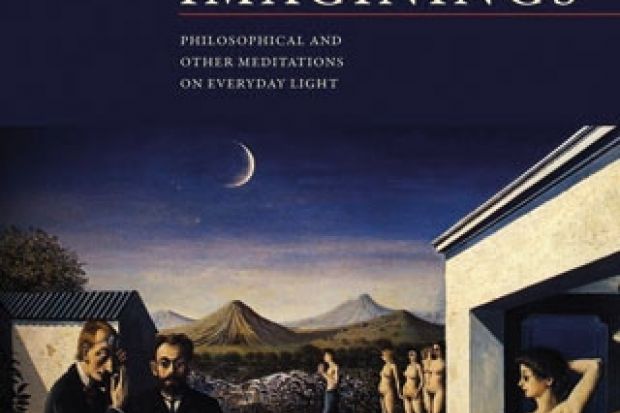Stephen Hawking recently declared that, given philosophers’ failure to keep up with current scientific developments, philosophy is dead. In Epimethean Imaginings, Raymond Tallis shows just how vital it is: an essential and living discipline that cannot be subsumed by science. These essays celebrate science and the ingenuity that produced the wheel, the axle and the sail, while flouting the fashionable scientistic reductionism that sees humanity as flush with nature. Tallis insists both that the scientific spirit is what enables us to transcend natural forces and to observe and manipulate them, and also that science can never be the last word on all subjects. Because it deals with objective fact, science can never capture how reality appears to us, and what we experience.
Physicists’ theories of time never even begin to intersect with how we get through a day, any more than Zeno’s paradoxes (the unmoving arrow and the sprinter who never catches the tortoise) ever touch on space as we actually live it: as Tallis says, “Not only am I stuck at the starting-point, but I couldn’t get to the starting-point in the first place unless I was there already.” And no amount of scientific expertise, he observes, can explain what happens when we perceive something. “This glass in front of me is not exhausted by any number of visual, tactile or other experiences of it…we look through appearances to that which we believe they are appearances of.” Yet how can a persisting thing cause the event of my perceiving it? And what could an unperceived object actually look like?
Equally, the subjective experience of perceiving has to be presupposed for objective scientific knowledge even to get off the ground. Indeed, this subjectivity is often simultaneously assumed yet denied by the scientistic reductionism that Tallis attacks. Philosopher Michael Tye, for instance, suggests that someone who, although a world expert on colour, had only ever seen black and white, would not, if suddenly exposed to the full range of colours, know any new facts; rather, they would discover only the phenomenal aspects of the factual knowledge they already had. Tallis, however, argues that experience is not some sort of objective or factual knowledge, nor a further (perhaps the final) “territory to be captured by, for or in” such knowledge. He shows how mistaken is “the idea that objective factual knowledge encloses subjective experience. Precisely the reverse is true.”
Tallis also criticises another fashionable stance, the polar opposite of “Darwinitis”, yet often oddly twinned with it – the postmodern claim that reality is something we ourselves create, and that Western science is therefore merely an arbitrary social construction no better than any other cultural myth. Paradoxically, Tallis says, the very postmodern writers who profess disdain for science reveal uncritical respect for it, and court their readers’ respect by parroting scientific jargon and making incongruous pseudoscientific analogies between physics and social science. In 1996, he reminds us, Alan Sokal, a professor of physics at New York University, submitted a hoax article – a hotchpotch of pretentious bullshit – to the journal Social Text, which published it. Well worth remembering, this is slightly vieux jeu by now, as are Tallis’ self-confessed “Tetchy interludes” on the abuses and absurdities of the contemporary art world. But we still need his shrewd impatience to fight the “self-hatred” of the age and uphold the greatness of “this organism that is not just an organism”.
Epimethean Imaginings: Philosophical and Other Meditations on Everyday Light
By Raymond Tallis
Acumen, 320pp, £14.99
ISBN 9781844658251
Published 28 May 2014
Register to continue
Why register?
- Registration is free and only takes a moment
- Once registered, you can read 3 articles a month
- Sign up for our newsletter
Subscribe
Or subscribe for unlimited access to:
- Unlimited access to news, views, insights & reviews
- Digital editions
- Digital access to THE’s university and college rankings analysis
Already registered or a current subscriber?





